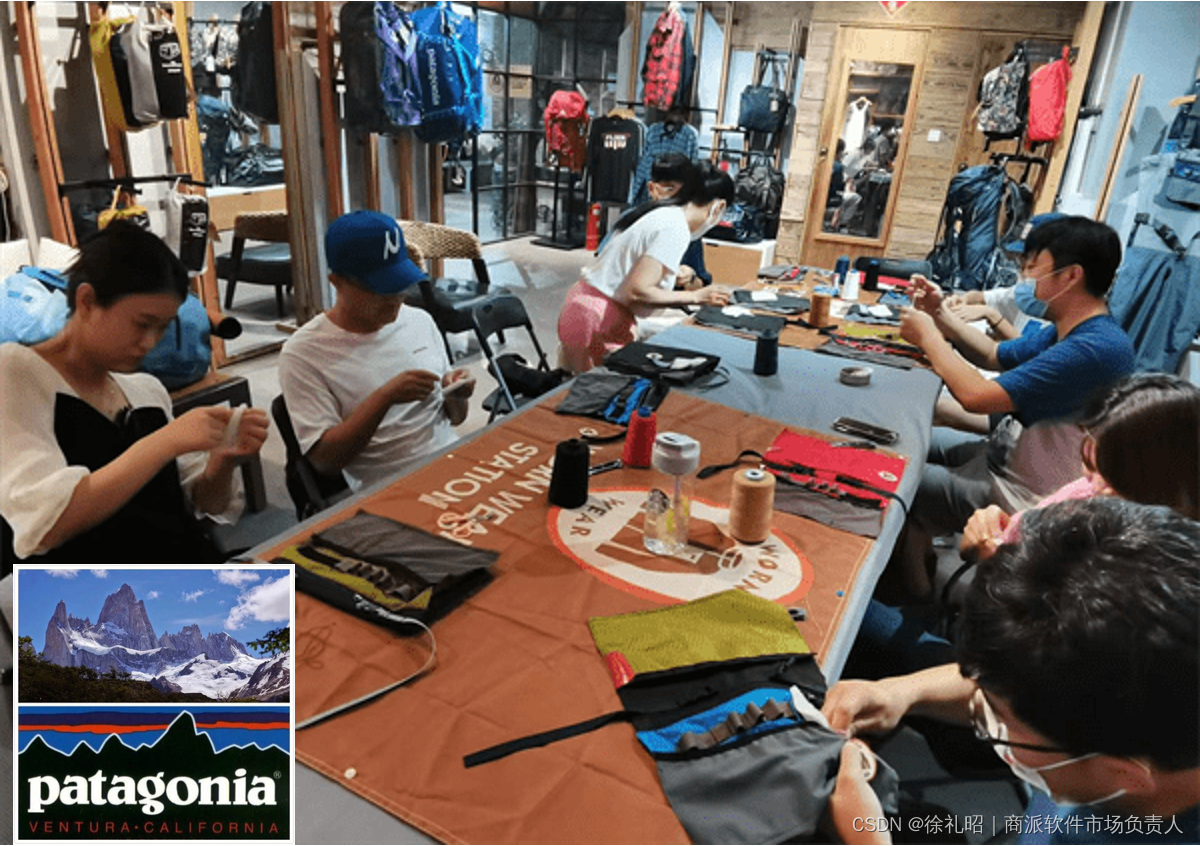
American outdoor brand Patagonia has always played a leading role in environmental protection. Its green actions include used clothing disposal, sustainable production, educating consumers and promoting industry changes. The following is a summary analysis of the company's activities and regulations in these areas:
Green concept and corporate responsibility
1. Environmental mission
Since the 1980s, Patagonia has made environmental protection part of its core values. The company recognizes that a healthy and vibrant planet is a prerequisite for business and is committed to reducing its impact on the environment and encouraging other businesses and consumers to do the same.
2. Sustainable Development Policy
Patagonia has developed a series of internal policies to achieve sustainability goals, including using environmentally friendly materials, reducing waste, improving energy efficiency and water management.
3. Social Responsibility
Patagonia not only pays attention to environmental issues, but also actively participates in social justice issues, such as fair trade and labor rights protection. The company supports responsible supply chains by purchasing Fairtrade certified products.
Used clothes processing and recycling
1. Worn Wear Plan
Patagonia launched the "Worn Wear" program in 2014 to extend the service life of clothing and reduce resource consumption and waste generation. The program includes buying back and reselling used Patagonia gear, providing free repair services, publishing DIY repair guides online, and hosting traveling restoration workshops.
2. Clothing repair services
To encourage customers to repair rather than replace clothing, Patagonia offers free or low-cost repair services. This service covers most Patagonia products and is performed by highly trained technicians.
3. Clothing Recycling Project
Patagonia receives and recycles old clothing that cannot be repaired, then transforms it into new products. For example, the company's ReCrafted collection uses discarded clothing to create unique new garments.
Consumer education and industry impact
1. Educate consumers
Patagonia educates consumers about the life cycle of clothing through marketing campaigns, social media and educational materials, encouraging them to choose products that are durable, repairable and recyclable.
2. Industry advocacy
Patagonia actively advocates for environmental policies and standards, and collaborates with other brands to share best practices to promote sustainability throughout the industry. For example, it co-founded Textile Exchange, a non-profit organization dedicated to promoting sustainable development in the textile industry.
Specific activities and rules
1. Don’t use plastic bags
Back in the 1980s, Patagonia decided to eliminate the use of plastic bags for trash and stopped serving paper cups in its employee cafeteria in an effort to reduce the use of single-use plastics.
2. Expand sales network
As environmental awareness increases, Patagonia continues to expand its sales network while ensuring that new stores meet its strict sustainable building standards.
3. Partnership
Patagonia has established partnerships with multiple environmental organizations to jointly launch initiatives to protect public lands and oppose environmentally damaging development projects.
4. Transparency and reporting
Patagonia regularly publishes detailed annual social responsibility reports to disclose its progress and challenges in environmental protection so that the public can supervise and provide suggestions.
Overall, Patagonia has set an example in the industry with its forward-looking environmental strategies and practical actions. Its innovative approach to used clothing, sustainable production and consumer education campaigns reflect its commitment to protecting the planet. Despite facing many challenges, Patagonia has always adhered to its environmental mission and believes that taking corporate responsibility and gaining profits are not inconsistent.